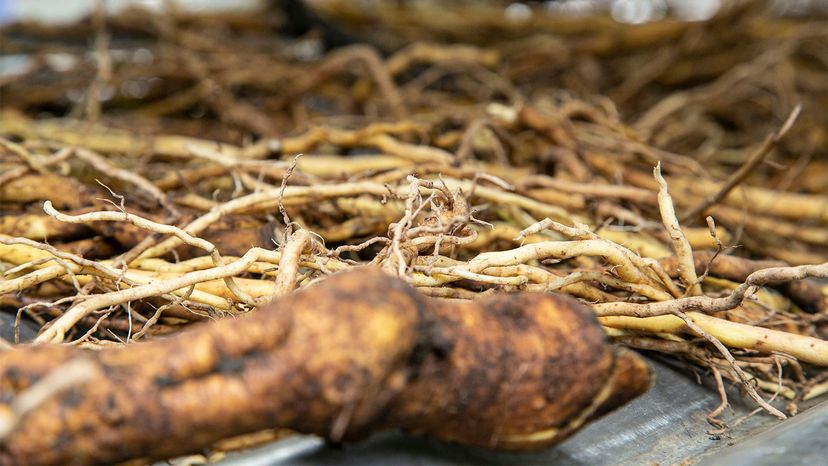Kava — also referred to as kava kava, Yaqona, 'awa, ava, sakau, Tonga and countless other names — is the Tongan word given for the plant Piper methysticum. This scientific name actually translates to "intoxicating pepper." Kava is a tall-growing perennial shrub native to the Pacific islands, including Hawaii. It's harvested for its roots, which contain the pharmacologically active compounds known as kavalactones. The term "kava" also refers to the psychoactive beverage made from the roots.
Kava, the beverage, is a folk medicine that's been used for centuries by South Pacific islanders for social and ceremonial uses, says Zhaoping Li, M.D., professor of medicine and chief of the division of clinical nutrition at the University of California, Los Angeles. Indigenous people of the Pacific islands offer kava as a sign of respect and a means of strengthening social and familial ties, particularly among men. It's also used to assist in the communication with spirits and for medical purposes. Pacific islanders have placed certain restrictions on the use of kava that limit who can drink it and when it can be consumed, which helps promote the safe and controlled use.
The traditional preparation involves chewing or grinding the root until it produces a cloudy, milky pulp, and then soaking it in water to steep. The water is then strained out and served in a half coconut shell, then swallowed down in one gulp. The flavor is described as "earthy" or "like muddy water" — hardly appetizing terms. But people don't drink it for the taste.
Kavalactones do something "very interesting," Li says. "They work on a special receptor in the brain which helps to calm you down." Consuming the substance is said to have a peaceful, calming, almost euphoric effect, and is even promoted in the United States as a natural dietary supplement to tame anxiety or help you sleep.
Kava is available both online and in stores that sell dietary supplements. It's available as whole roots, powdered roots, extracts (in powder, paste or liquid form), tea bags and instant powdered drink mixes. It's also formulated as tablets or capsules and can be found in products containing a variety of herbs or vitamins, or both.
Kava tea bars are also popping up across the country, where consumers can drop in and enjoy a cup of kava brew, often flavored to make the tea more palatable.

Jantira Namwong/Shutterstock